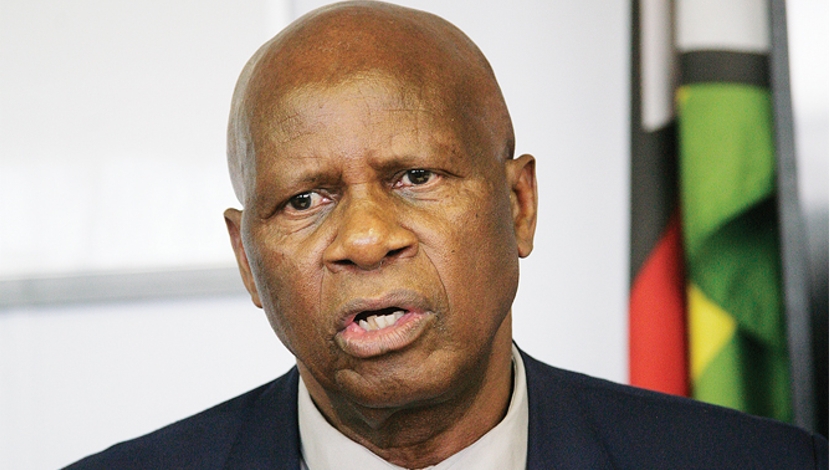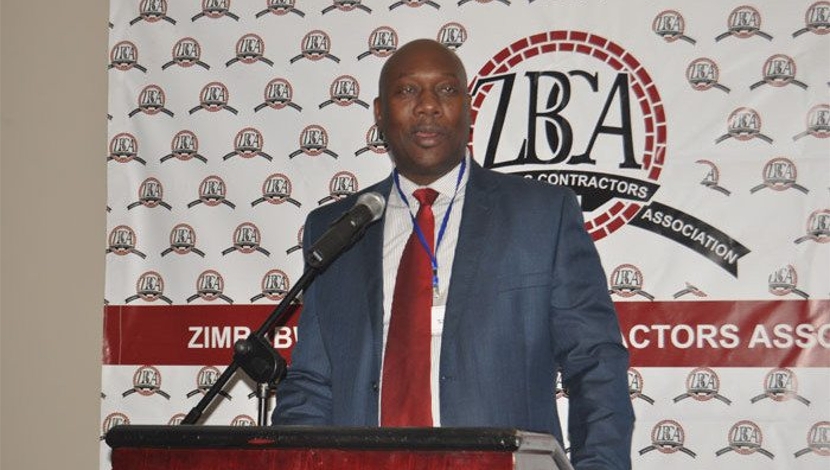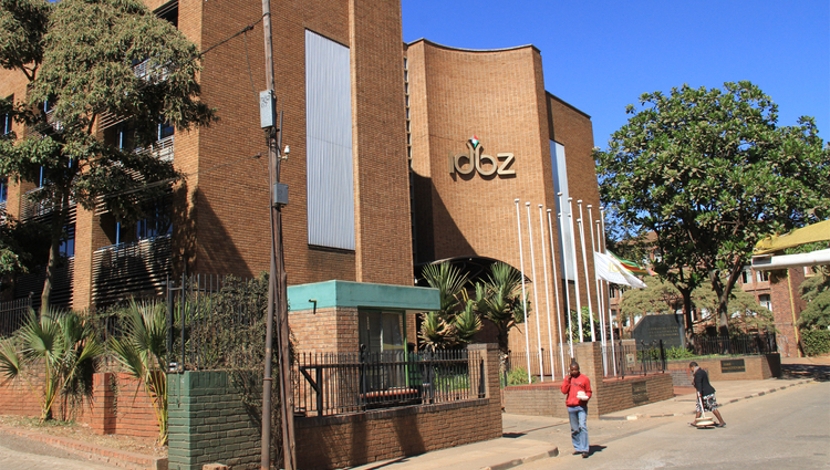
![Colleen Bawn - [http://www.chronicle.co.zw/wp-content/uploads/2013/11/PPC-FACTORY.jpg]](https://concretetrends.dmgeventslive.com/wp-content/uploads/2016/10/f3223cd8df82a9a2d8d37fafbcfeb167.jpg)
Local cement producers have warned of possible scaling down of operations and closures owing to an influx of cheap imported products from the region, saying protectionist measures could save the industry. There is no need for Zimbabwe to import cement from neighbouring countries because local cement producers have the capacity to meet the current demand, an industry official has said. Zimbabwe is currently importing cement from Botswana, South Africa and Zambia, thereby depressing the market.
PPC Chief Executive, Darryl Castle said they had told the Zimbabwean government that if it does not impose measures to curb cement imports, PPC will shut down Collen Bawn mine and also bring in cement from their Slurry plant in South Africa.
Effective 1 October 2016 the authorities have introduced import tariffs of US$100 per ton of cement.
Among the measures industry is pushing for are a protection tariff to equate the landed price of imported cement to the cost of local manufacturers (US$50/t cement), granting import licences to local producers, cancellation or review of all issued permits in the country (estimated at 5000 tonnes/month or 5% total demand) and lowering duty on raw materials.
PPC Zimbabwe expects to commission its new Harare cement plant in 2016 at a cost of $80 million in addition to a new clinker mill on the Zimbabwean border with Mozambique for $200 million. Official figures show that all three cement manufacturers invested nearly US$185 million in the last five years in upgrades to improve efficiency and reduce costs of manufacturing.
Sino has finished a significant upgrade costing US$4 million, making a total of US$15 million in the last five years. PPC has invested US$53 million on kiln and mill upgrades and quarry optimisation at its two existing operations. Lafarge invested US$37 million over the last five years in quarry rehabilitation and equipment, cooler upgrade and systems automation.





